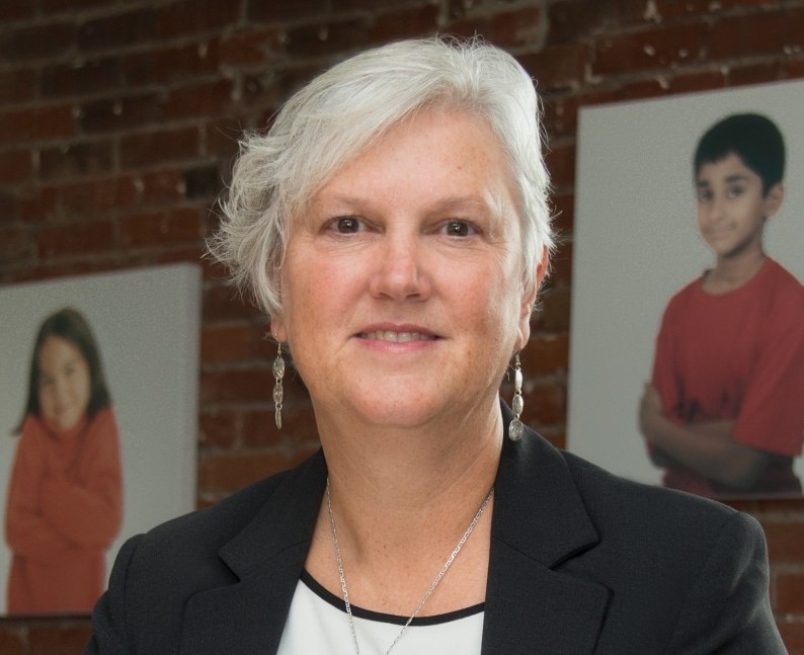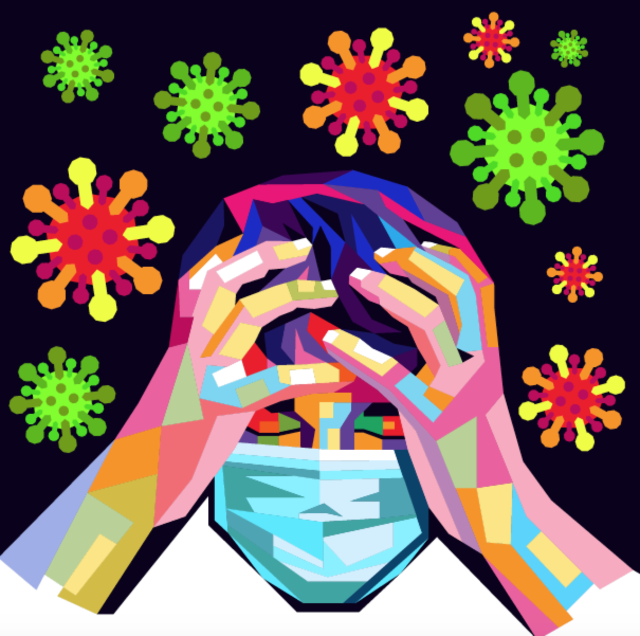
Tuesday December 15, 2020 | BC & NATIONAL [Updated 8 pm December 17, 2020]
by Kiley Verbowski | Island Social Trends | Mary P Brooke, editor
Our mental health has declined due to the effects of COVID-19, said 51 per cent of people surveyed in the Victoria Foundation’s 2020 Victoria Vital Signs report. Even more people — 60 per cent — reported increased levels of stress.
It should come as no surprise that many Canadians aren’t feeling their best. A global pandemic, renewed social isolation measures, and innumerable personal stresses combined with the seasonal gloom of longer nights means that many people could be struggling to keep it all together.
You’re not alone:
Perhaps the largest take away from this data should be the simple message that if you’ve been feeling a toll on your mental health this year, you’re not alone. Low mood, anxiety, and fluctuating sleep patterns do not discriminate against age, sex, income, or anything else.
Across Canada, women are being disproportionately affected by anxiety and loneliness, and parents reported higher levels of depression than adults without children under 18, according to a survey by The Centre for Addiction and Mental Health.
Maybe it shouldn’t be a surprise that the same survey reported an increase of 22 to 28 per cent in binge drinking among adults.
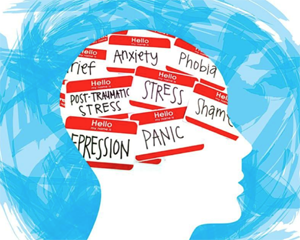
BC has been in a state of emergency for a record-breaking eight months (renewed every two weeks since March 18), and most of us are not used to prolonged periods of danger, uncertainty, isolation, and grief.
This second wave of COVID-19 is upon us (a return to self-isolation and increased case counts and deaths), coinciding with the darkest months of the year.
A decline in mental health since the first wave of the pandemic this spring comes in at 25 per cent of Canadians, according to a study by Leger and the Association for Canadian Studies. Now, there are additional stresses surrounding the holiday season, and balancing tradition with safety.

It’s important to remember that this situation, and our feelings about it, however urgent, are temporary. “This is for now, not forever,” says Provincial Health Officer Dr Bonnie Henry as a mantra for British Columbians.
It is imperative that Canadians have the tools and supports to resist making permanent decisions about temporary situations. A list of local resources are available in this article.
Impact on youth:
Local youth are being disproportionately affected, according to the 2020 Victoria Vital Signs survey report, which indicated that respondents under age 30 were 61 per cent more likely to have their mental health worsened by the pandemic.
BC’s Representative for Children and Youth, Jennifer Charlesworth, is concerned about increasing trends of mental health disorders, substance abuse, and family violence that are reported to their office.
The volume of calls to Kids Help Phone lines across Canada has doubled during the pandemic. But the youth mental health crisis is not new, even though the pandemic may be making it worse.

Suicide is the second leading cause of death amongst high school-aged youth in North America.
The pandemic is however calling attention to the ongoing crisis.
Post-COVID stresses:
While BC has a running tally of those that had COVID and are no longer testing positive for the virus, they cannot predict the untold physical and mental health complications that can arise after personally experiencing the disease.
One study has found that 20 per cent of COVID survivors are diagnosed with a psychiatric disorder within three months. Most of the respondents were experiencing anxiety, depression, or insomnia.
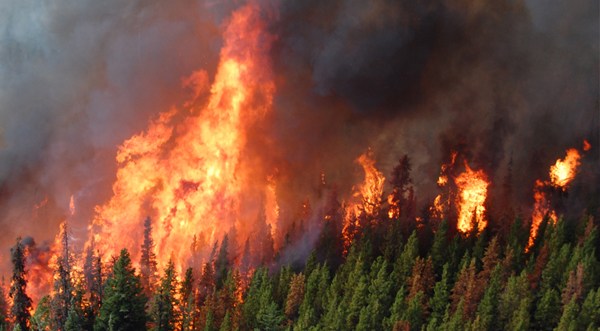
Another study predicts that Canadians will continue to feel a negative impact on their mental health long after the pandemic subsides. Using data from the years following the 2016 Fort McMurray wildfires and the 2007-2009 economic crash (financial recovery from the Great Recession lasted for some as far as to 2017), they predict a one to three percent increase of emergency room visits for stress and anxiety-related crises. This study also proposes that women will feel these effects more than men.
The pandemic has demonstrated how crucial our public health care system is for all citizens, and that it needs to include free and accessible mental health services.
Free resources for your mental health toolkit:
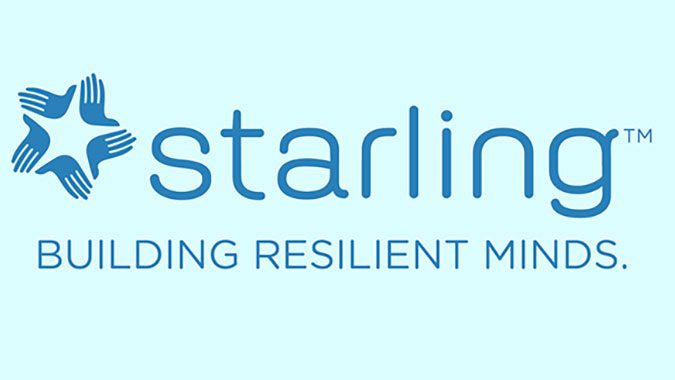
- If you don’t even know where to start with identifying your feelings, the BC division of the Canadian Mental Health Association has released a COVID-19 mental health check-in tool that can be found here. The anonymous multiple-choice quiz asks you to reflect on your social, physical, and mental well-being, then provides links to resources that may be the most effective for your situation.
- BounceBack is an online resource that provides workbooks, activities, videos, and a trained coach to connect with over the phone. It is designed for youth and adults that are experiencing low mood, depression, anxiety, irritability, anger, numbness, and more. The program has been expanded for pandemic needs, and is available immediately, without a doctor’s referral.
- Moving Forward Family Services offers a free 12-session cognitive behavioural therapy coaching program in person or over the phone to help with anxiety, depression, stress management, and more. They also offer a range of pay what you can counselling sessions for those that are unemployed or working less than full-time hours.
- Starling Minds offers self-guided digital mental health therapy for adults experiencing pandemic-related stress, anxiety, and depression. The program was originally released for employer health care plans in 2013 behind a paywall, but now has a COVID-19 Mental Health Program that is completely free.
- Foundry offers online and in person support to youth ages 12 to 24, on the topics of mental health, substance abuse, healthy living, tough topics, and everyday life. They offer resources, services, and supports for helping yourself and others towards wellness. It is powered by the BC Children’s Hospital.
- The Kelty Mental Health Resource Centre offers educational tools for parents, families, and youth, specifically about life during the pandemic.
- 211 is a service that helps Canadians make sense of government and community-based health and social services information. 211 is available 24/7 by phone, text, or chat, and is available in over 150 languages.
- Many more resources, including support for caregivers and front line health care workers can be found at the B.C. Mental Health Services website.
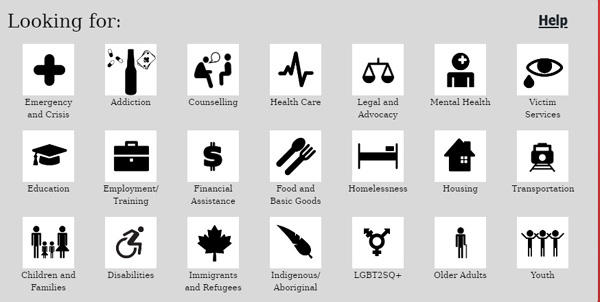
Where to find immediate help:
- If you are in immediate danger to yourself, call 1 800 SUICIDE (1-800-784-2433). This line can also be used if you are concerned about someone else who may be considering suicide.
- If you, or someone you know is having urgent feelings of distress, the Vancouver Island Crisis Line is available 24/7 at 1-888-494-3888.
- The Vancouver Island Crisis Society also offers text (250-800-3806) and chat services from 6 pm to 10 pm every night.
- The BC Seniors’ Distress line is 604-872-0113.
- The KUU-US Crisis Line Society operates a 24/7 helpline for Indigenous people across B.C. They offer different lines for adults/elders (250-723-4050), children/youth (250-723-2040), a toll free line (1-800-588-8717), and support for Métis people (1-833-MétisBC).
- Hope for Wellness Help line is available for Indigenous people across Canada. Counselling by phone (1-855-242-3310) and online counselling is available in English and French, and phone calls are available in Cree, Ojibway, and Inuktitut upon request. A variety of other resources can be found here.
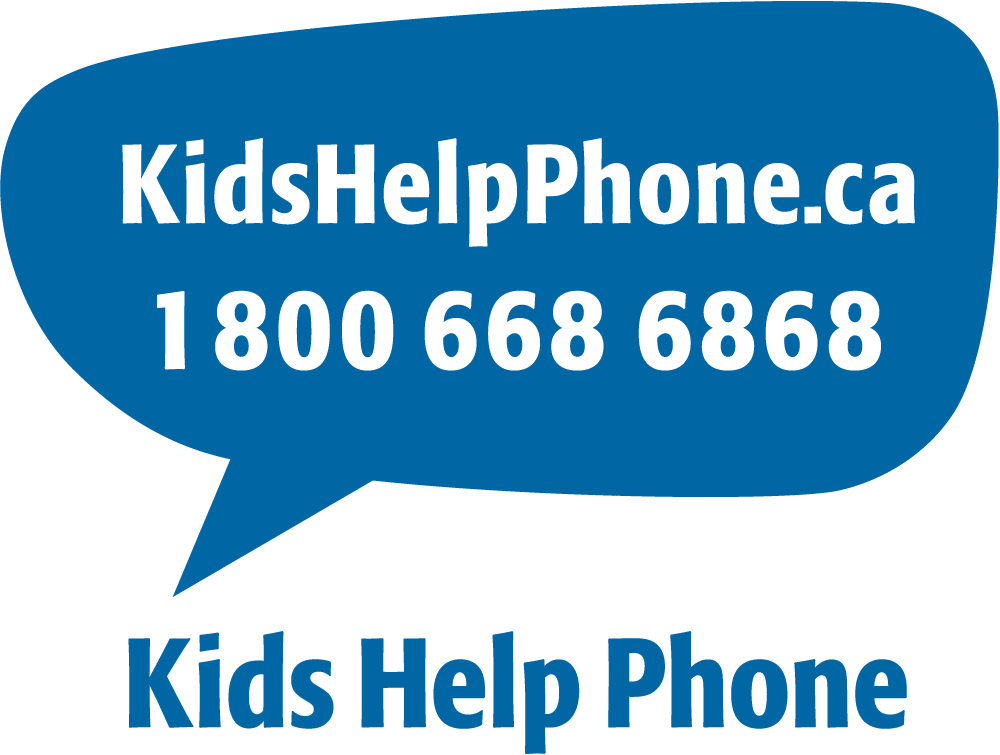
Emergency help for youth:
- If you or someone you are concerned about is under age 18 and in immediate danger to themselves, call 1 800 SUICIDE (1-800-784-2433).
- YouthInBC offers a crisis chat line daily from 12 noon through to 1:00 am.
- Calling the mental health support line at 310-6789 (no area code needed) can put you in touch with local services.
- The Kids Help Phone line is available 24/7 at 1-800-668-6868. They also offer text and Facebook messenger chat services.
- Here2Talk is a confidential, free counselling and referral services by app, phone or online chat for all registered post-secondary students available 24/7. Call 1 877 857-3397, or 1 604 642-5212 if you are a student calling from outside of Canada (international calling charges may apply).
BC Minister of Health and Addictions:
The BC Government has made mental health and addictions issues a priority since 2017.
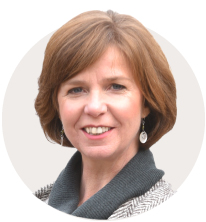
In the new BC NDP cabinet, Sheila Malcolmson, MLA (Nanaimo) is the Minister of Mental Health and Addictions. She is the Vice-Chair of the Cabinet Working Group on Mental Health, Addictions and Homelessness and a member of the Cabinet Committee on Social Initiatives.
In addition to the COVID-19, the opioid crisis is an ongoing physical and mental health emergency.
BC Minister of Children and Family Development:

In the new BC NDP cabinet, Mitzi Dean, MLA (Esquimalt-Metchosin) is the Minister of Children and Family Development.

The writer: Kiley Verbowksi, BA, is a journalist contributing to Island Social Trends on a wide range of news topics. | The Editor: Mary P Brooke, B.Sc. has a health sciences background and a keen interest in the social ecology of communities.



